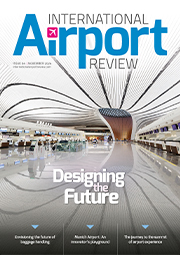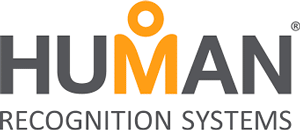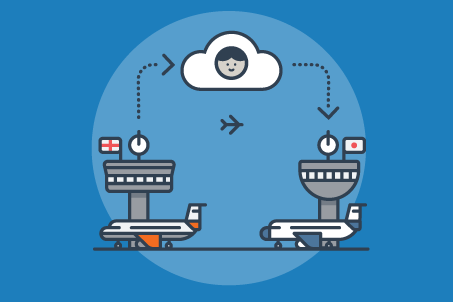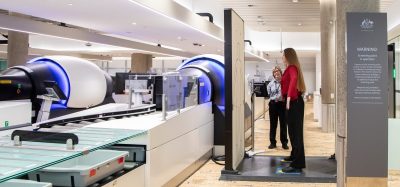Whitepaper: One identity – The digital passenger in the 21st Century
Posted: 5 November 2018 | Human Recognition Systems | No comments yet
The 21st Century requires technology that automates and digitises the identity of people in some of the most demanding and highly regulated public spaces. With billions of people transiting through airports worldwide – aviation is a major sector.
What is the potential future of facial recognition and biometric technology to create an efficient and seamless passenger experience? We get the answers from Neil Norman, Founder and CEO of Human Recognition Systems.
Our growing thirst for travel
According to the International Air Transport Association (IATA), commercial aircraft carried 4.1 billion passengers in 2017 – almost twice the number recorded in 2005. IATA also forecast that by 2036 the number of passengers will be 7.8 billion. The soaring numbers are backed up by the International Civil Aviation Organisation (ICAO), which says that the global air transport network doubles in size at least once every 15 years, and that it’s expected to do so again by 2030.
To cope with the stratospheric rise in commercial aviation the world needs cutting-edge airports able to manage such high volumes of passengers, with efficiency being paramount. This is where biometric technology comes in. Biometrics is defined as the measurement and statistical analysis of people’s unique physical and behavioural characteristics and it is mainly used for identification and access control.
Key Points
- IATA forecast that by 2036, the number of air passengers will reach 7.8 billion.
- If airports are going to cope with increased passenger demand, efficiency is going to be vital.
- By creating a unified passenger identity, we can provide a seamless experience for the passenger across checkpoints and improve the operational efficiencies of airports and airlines alike.
- Recent improvements to end-to-end identity technology could reduce the cost of system ownership by up to 60 percent by 2019.
The rest of this whitepaper is restricted - login or subscribe free to access


Why subscribe? Join our growing community of thousands of industry professionals and gain access to:
- bi-monthly issues in print and/or digital format
- case studies, whitepapers, webinars and industry-leading content
- breaking news and features
- our extensive online archive of thousands of articles and years of past issues
- ...And it's all free!
Click here to Subscribe today Login here
Related content from this organisation
- Whitepaper: Aviation Insights – Top 5 tips for introducing new technology into your airport
- Whitepaper: One identity – The digital passenger in the 21st Century
- Whitepaper: Accurate Passenger Journey Measurement – Why it pays to measure (and how to get your CFO interested)
- Whitepaper: A History of Innovation at London’s Gatwick Airport
- Future-proofing airport worker on-boarding to cope with demand
Related topics
Biometrics, New technologies, Passenger experience and seamless travel



















